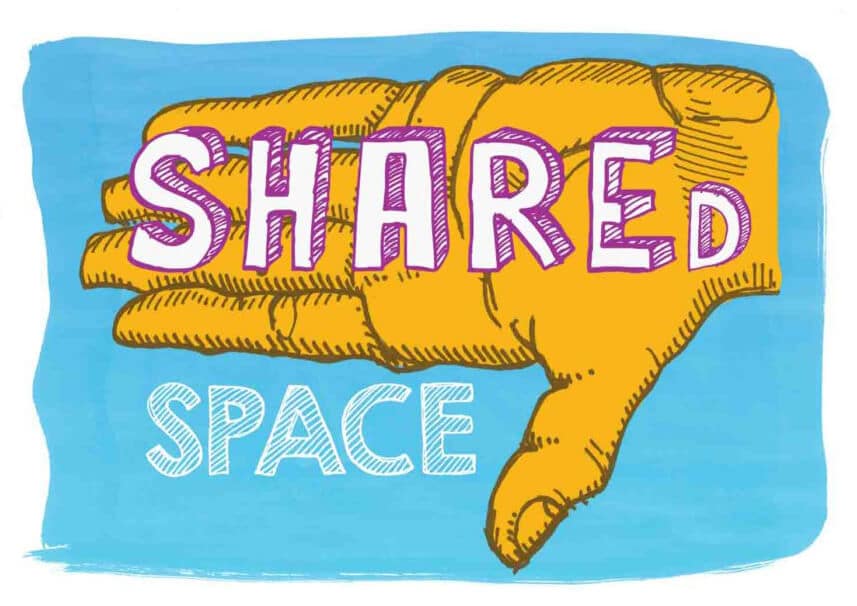Challenging normalized sexual violence
 Last semester, the Mount Allison Student Union (MASU) passed a motion acknowledging rape culture on campus and made a commitment to fighting it. Rape culture refers to a setting in which sexual violence is made to seem normal through media images and common messages, and where survivors are blamed for experiencing sexual violence. Fighting rape culture on campus requires changes in our institutions, policies and procedures. It also requires changing the ways that we interact with one another and the ways that we respond to sexual violence in all its forms when we witness it.
Last semester, the Mount Allison Student Union (MASU) passed a motion acknowledging rape culture on campus and made a commitment to fighting it. Rape culture refers to a setting in which sexual violence is made to seem normal through media images and common messages, and where survivors are blamed for experiencing sexual violence. Fighting rape culture on campus requires changes in our institutions, policies and procedures. It also requires changing the ways that we interact with one another and the ways that we respond to sexual violence in all its forms when we witness it.
An alternative to rape culture is consent culture, where consent and respect, rather than sexual violence, are normalized. In a consent culture, asking for consent in all situations, whether they are sexual, romantic or platonic, becomes the norm and one’s responses to being asked are respected. When consent is violated within a consent culture, there are immediate consequences, as no forms of sexual violence are tolerated or made to seem normal. Consent culture prioritizes and believes survivors and takes action regardless of potential costs.
A transition from rape culture to consent culture does not take place overnight. Rather, working toward consent culture requires creating spaces where that culture can exist, and where rape culture is questioned and deconstructed. This is something that we can begin to do on an individual level. If you see someone who looks uncomfortable, even if you don’t know them, check in with them and see if they are alright. If you hear your friends normalizing sexual harassment or sexualizing people’s bodies, speak up and tell them that this is not okay. If you see or hear of someone sharing intimate images or videos with their friends, report it. If you feel as though a policy or procedure is unfair, or even that it could be better implemented, raise your concerns. If you see a campaign that aims to make a difference, support it. Creating a consent culture requires stepping outside of normalized sexual violence and refusing to accept it, even when it might have social consequences. Have difficult conversations with your friends about sexual violence and take the initiative to say or do something when you see or hear something.
If you have any questions or ideas for creating a consent culture, contact SHARE by email at [email protected] or by phone at 506-364-2613.





